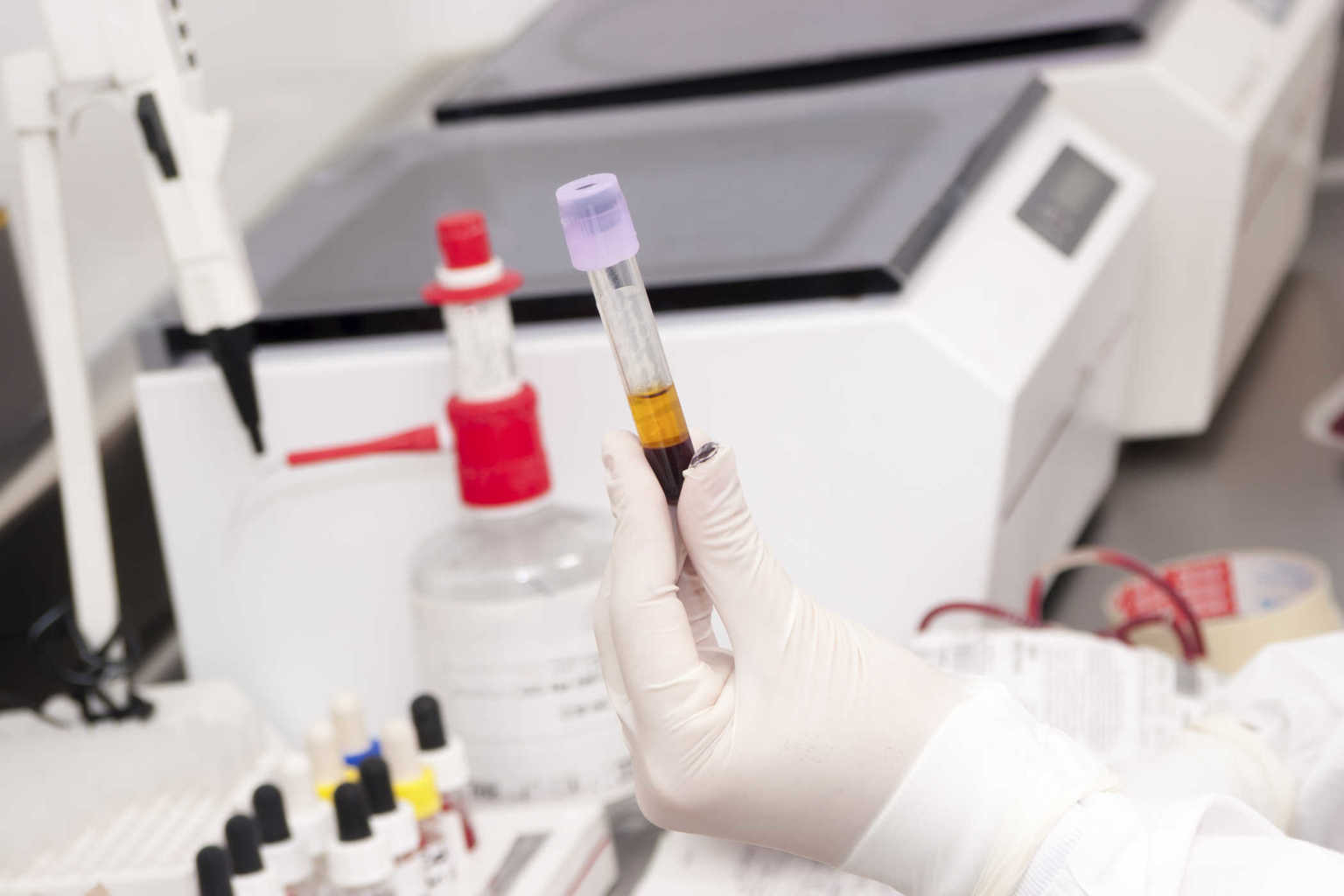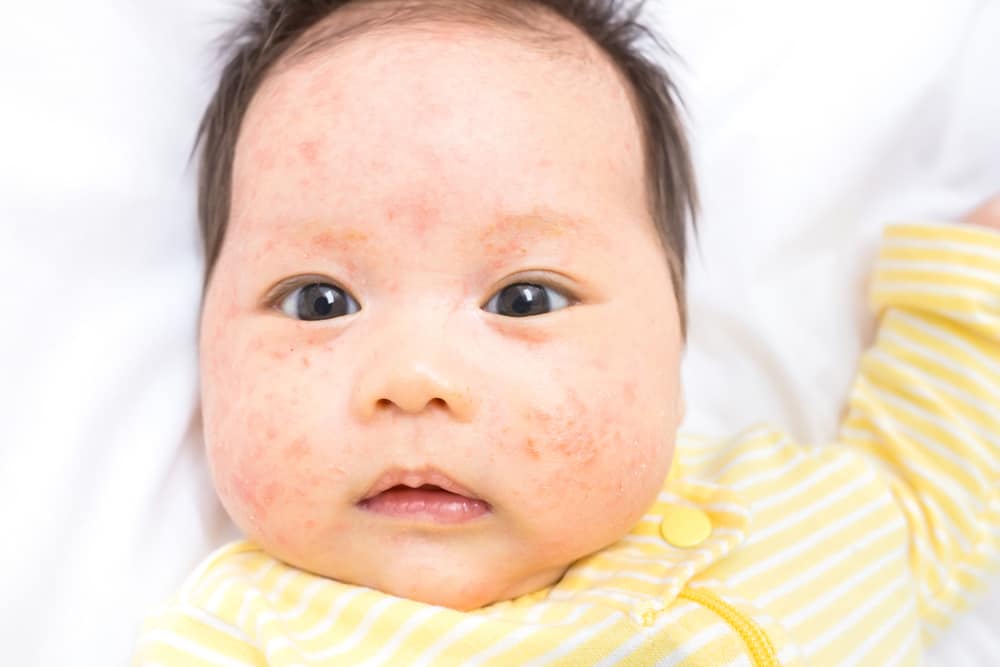Contents:
- Medical Video: Hiccups | How To Get Rid Of Hiccups (2018)
- The cause of hiccups doesn't stop
- 1. Damage to brain blood vessels
- 2. Inflammation, injury, and central nervous system tumors
- 3. Lesions (tissue disorders) along peripheral nerve pathways
- 4. Disorders of the digestive tract and stomach
- 5. Anesthesia and post-surgery
- 6. Cancer
Medical Video: Hiccups | How To Get Rid Of Hiccups (2018)
Not stopping hiccups is not only annoying, but also needs to be watched out. Usually, hiccups will stop by themselves after a few minutes. But if hiccups occur prolonged, it means something is wrong with your body.
Hiccups are sounds caused by contractions of the diaphragm. The diaphragm itself is a large sheet of muscle that is under the lungs and together with intercostal muscles can make us breathe. Contractions of the muscles can suck air into the lungs, and the entry of air quickly closes the epiglottis. Epiglottis is a tissue flap in the throat that closes when we swallow to prevent food, drinks, or saliva from being sucked into the lungs. It was this sudden closure of the epiglottis that caused a ‘hik’ sound during hiccups.
READ ALSO: 5 Diseases That Make You Frequently Yawn
If you experience unstoppable hiccups, which last for several days or even weeks, you may have other conditions that cause hiccups to occur.
The cause of hiccups doesn't stop
Prolonged hiccups have many causes. Anything that irritates the phrenic nerve (controlling the diaphragm) can cause small seizures. After-surgery hiccups can occur due to minor injuries caused by tubes used to help patients breathe during surgery. In addition, damage to certain parts of the brain (due to trauma or disease) can also cause hiccups. Stress and poisons (especially alcohol and nicotine) can also be the cause.
According to a journal in the US National Institutes of Health's National Library of Medicine, prolonged hiccups can result from:
1. Damage to brain blood vessels
Brain ischemia or stroke is not uncommon among individuals with prolonged hiccups. In addition, prolonged hiccups can also occur in patients with systemic lupus erythematosus (SLE). In short, you should consider the possibility of brain ischemia or stroke in people (especially parents) who experience prolonged hiccups to avoid late handling.
READ ALSO: 5 Diseases That Make You Frequently Yawn
2. Inflammation, injury, and central nervous system tumors
Brain tumors are reported to trigger ongoing hiccups, including astrocytoma (brain cancer), cavernoma (central nervous system abnormalities), brain stem tumors, etc. Therefore, these hiccups usually disappear after surgery for brain stem lesions. Swelling of the cerebellar arteries (which are found in the cerebellum) and brain injury can also cause hiccups.
Apart from other brain stem symptoms such as nausea and vomiting, neuromyelitis optica can also cause prolonged hiccups, because this disease is an inflammatory disease involving the optic nerve and spinal cord.
3. Lesions (tissue disorders) along peripheral nerve pathways
A patient with mediastinal lymph node sarcoidosis, usually has ongoing hiccups. Infiltration of tumors in the diaphragm is considered the cause of hard hiccups. Hiccups have become an unknown symptom of throat cancer, but as many as 27% of patients with throat cancer have prolonged hiccups of more than 48 hours. Hiccups can also be a gastric volvulus sign that may be caused by irritation of the diaphragm from a distended stomach.
4. Disorders of the digestive tract and stomach
Gastroesophageal Reflux Disease (GERD) is generally associated with belching. Apart from the main reflux symptoms, namely acid regurgitation, heartburn, globus, dysphagia (difficulty swallowing), hoarseness, etc., hiccups are also not uncommon in GERD sufferers. Some cases show that 7.9% of men and 10% of women with GERD have prolonged hiccups.
READ ALSO: 10 Foods That Trigger Stomach Acid
5. Anesthesia and post-surgery
Postoperative hiccups were reported in individuals who received Whipple surgery and colectomy. On the other hand, using anesthesia in surgery can also cause hiccups in patients. Even epidural anesthesia will cause prolonged hiccups.
6. Cancer
Serious hiccups are not uncommon in cancer patients. In Italy, reports show that 3.9% of hospitalized patients and 4.5% of outpatients have severe chronic hiccups. Among some cancer patients, hiccups are also caused by chemotherapy. Retrospective analysis showed that hiccups occurred in 0.39% of patients who were undergoing chemotherapy. Cisplatin (an anti-cancer drug in chemotherapy) is often the agent that causes hiccups. Clinically, hiccups that occur in patients receiving various doses of cisplatin in Japan range from 6.1% -10%. In addition, prospective trials conducted in Taiwan showed that prolonged hiccups in patients using a combination of cisplatin and dexamethasone were 41.2% and 97.4% of them were men.












